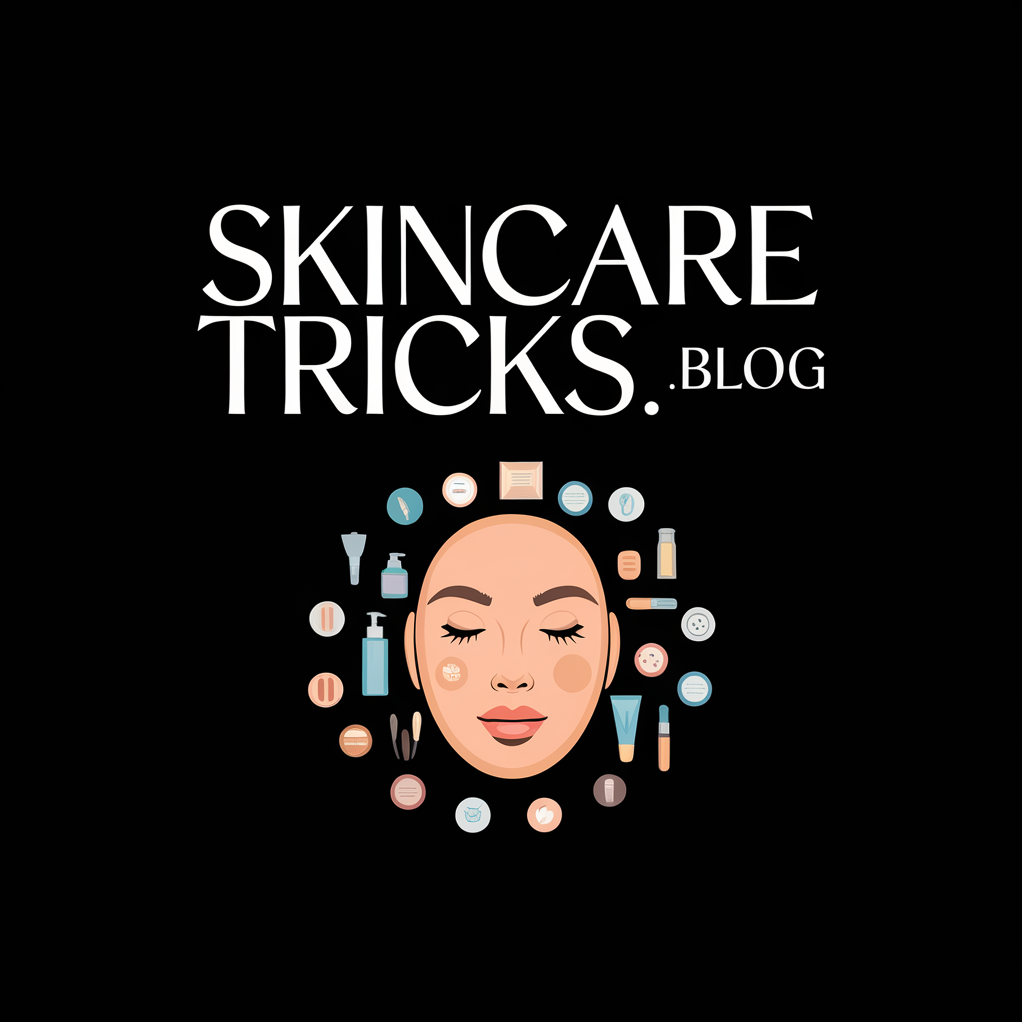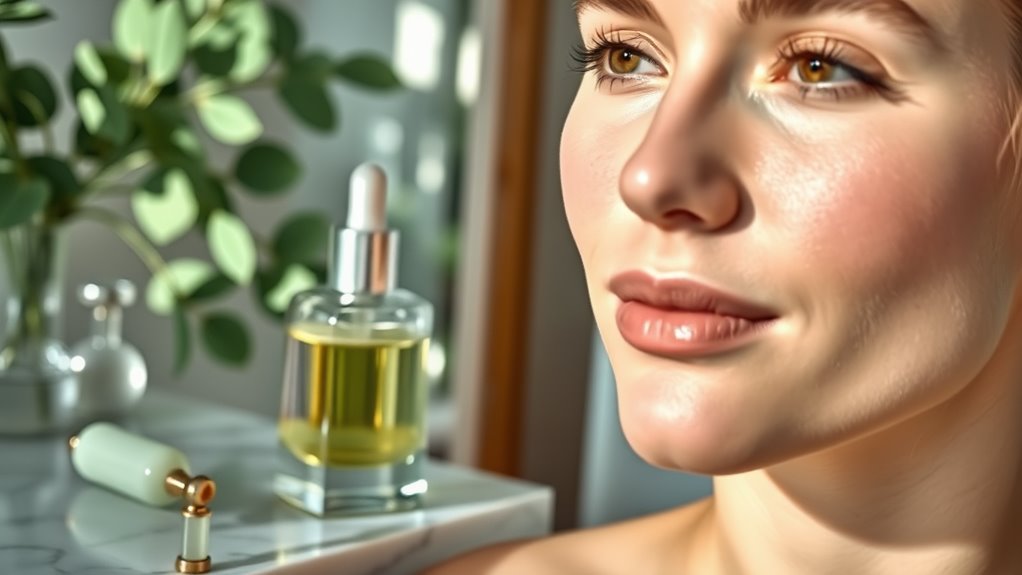How to Fade Acne Scars Faster Than Ever Before!
Understanding Acne Scars: Types and Causes
Acne scars can be a frustrating reminder of past breakouts, but understanding their types and causes is the first step in addressing them.
There are mainly two types: atrophic, which are indented, and hypertrophic, which are raised. Atrophic scars often occur due to a lack of collagen during healing, while hypertrophic scars result from overproduction.
Knowing these differences helps you choose the right acne scar removal methods. Whether you’re dealing with textured scars or discoloration, recognizing what you’re up against creates a sense of belonging in your skincare journey.
You’re not alone; many are navigating this path with you.
Clinical Treatments for Acne Scars
When you’re ready to tackle acne scars, clinical treatments offer a range of effective options tailored to your skin’s needs.
From chemical peels to laser therapy, these procedures can significantly improve your skin’s appearance. Microdermabrasion gently exfoliates, while fillers can plump up depressed scars for a smoother look.
If you’re seeking more advanced solutions, consider radiofrequency treatments that stimulate collagen production. Consulting a dermatologist can help you navigate these options and find what works best for you.
Natural Remedies to Fade Acne Scars
For those looking to enhance their skincare routine without clinical interventions, natural remedies can be an effective way to fade acne scars.
You can incorporate these simple, natural options into your daily life:
-
Aloe Vera: Apply fresh aloe gel directly to scars for its soothing and healing properties.
-
Honey: Use honey as a mask, as it hydrates and promotes skin regeneration.
-
Lemon Juice: Dilute lemon juice with water and apply it to scars, but be cautious of sun exposure.
These remedies can help you feel more confident in your skin while connecting you with nature’s healing power.
Creating a Daily Skincare Routine
Creating a daily skincare routine can significantly enhance your skin’s appearance and health, especially when aiming to fade acne scars.
Start with a gentle cleanser to remove impurities without stripping your skin. Follow up with a toner to balance your skin’s pH, then apply a targeted serum with ingredients like vitamin C or niacinamide to boost healing.
Don’t skip moisturizer; it keeps your skin hydrated and promotes repair. Finally, always use sunscreen during the day to protect your skin from UV damage.
Lifestyle Changes to Support Scar Healing
A consistent skincare routine lays the groundwork for healthier skin, but lifestyle changes can further support scar healing.
By making a few adjustments, you can help your skin recover faster and feel more vibrant. Here are some simple yet effective changes you can adopt:
-
Stay Hydrated: Drinking enough water keeps your skin plump and aids in healing.
-
Eat Nutrient-Rich Foods: Incorporate fruits, veggies, and healthy fats to nourish your skin from within.
-
Prioritize Sleep: Quality sleep boosts your skin’s repair processes and reduces stress.
With these changes, you’ll be on your way to healthier, scar-free skin!

